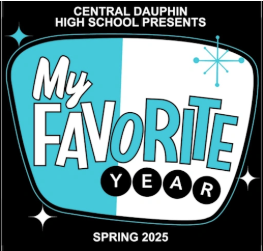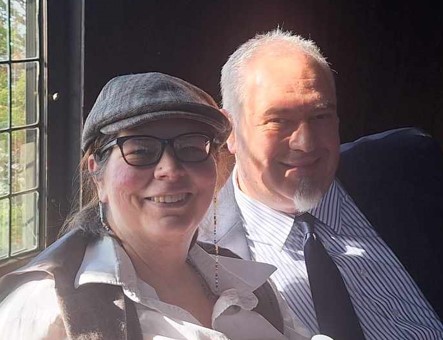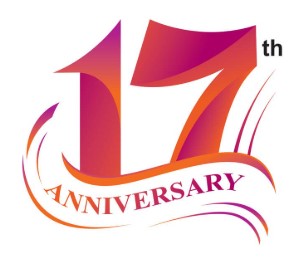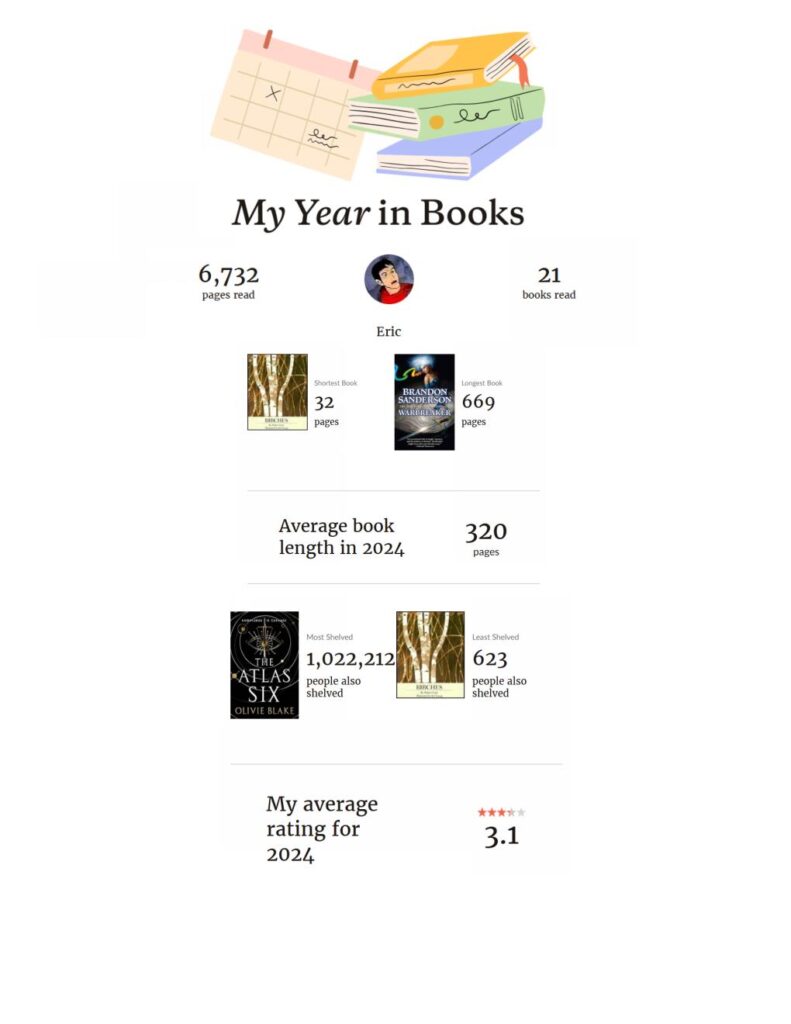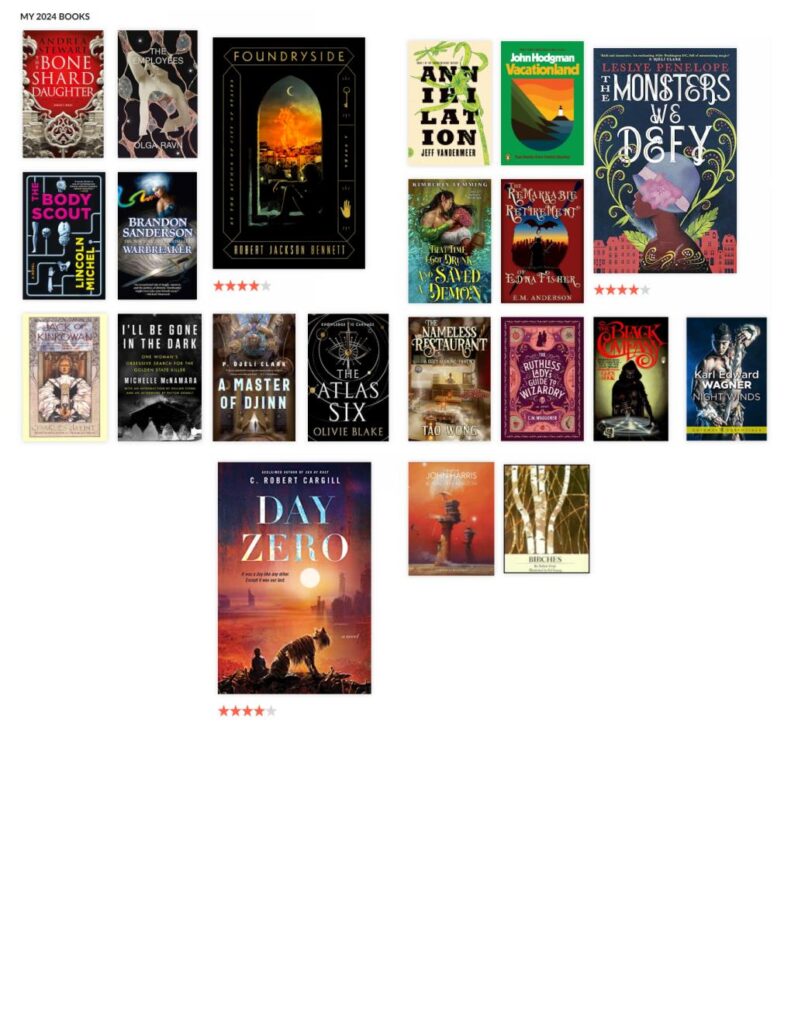I meant to post this earlier, but my writing time has been limited lately. Too many hours at the computer doing the day job. Working 50 or 60 hours a week is taxing.
I don’t talk a lot about my day job here. In part this is because I want to keep this space separate from what I do for a paycheck everyday. Having separation and balance is vital to maintaining a healthy self. Blurring the lines between home and work spaces is a new thing, but not necessarily a good thing. We’re in the midst of learning how to set boundaries and use these amazing tools constantly at our literal fingertips.
The day job. I’ve worked in commercial architecture for more than two decades now (almost three if I’m being more honest). The work is creative, mentally taxing and rewarding. At the end of the day you can (if you’re close enough to the project site) go to a place, point at it and say, “I was part of that”. I am part of a team that solves complex three dimensional puzzles and draws out the answers on a daily basis. I have logged thousands of hours at this.
As part of my work I browse a number of articles, news stories, and magazines related to my field. I have seen a number of variations on science fiction-esqe buildings and cities and beyond in recent years. Not that these visions didn’t exist before, it’s just easier than ever to create something vivid and eye catching then share it around the world in an instant. This trend has been ramping up recently with the expanded use of artificial intelligence based tools. Type some words, feed the machine some images and get all sorts of pretty, pretty pictures. This is wonderful for making splashy ideas. AI does not mean easy.
In all the years I’ve worked in the commercial field – and that’s an important distinction here – I’ve never seen any structure succeed without the efforts of a team. Small shops, residential work, local additions are easier for the solo practitioner. At a certain point the scale and scope of required work gets far beyond what one person can handle. There is simply too much to detail. This is the ultimate group project.
Taking on a project with the number of things tied into a whole city is no small undertaking. It is in fact, the opposite. It’s massive and daunting. Multiple buildings and all the things associated with getting a structure built is the work of a huge number of people. Getting locations, districts, connections, utility functions and all the things we don’t routinely think about in well established places ready and mapped out is huge. Having a pretty, pretty picture of your dream is great. You need more than a dream, you need a clear vision coupled with a significant amount of studying urban dynamics, infrastructure and a host of other things.
I applaud people who really do have that clear vision. True visionaries are rare. Many times that vision fails to survive the process of being made real. What we do is great in pictures, but it is certainly not easy. I don’t know who Akon is, but he’s not the only one who’s had an idea and it hasn’t gone anywhere. What the people in my field do is important to the health, safety and welfare of the people who live, work and play in and around our works. Some of the best of these works are amazing and unforgettable structures that can move you emotionally with their beauty.
It’s more than a pretty picture. The picture, the idea is the starting point. That’s when the real work starts – and it is as creative, artistic, businesslike, and challenging as anything else.
I hope the ideas and the grand visions continue. We need that in our world. We also need to do the work to make it real. Check out the article here.

